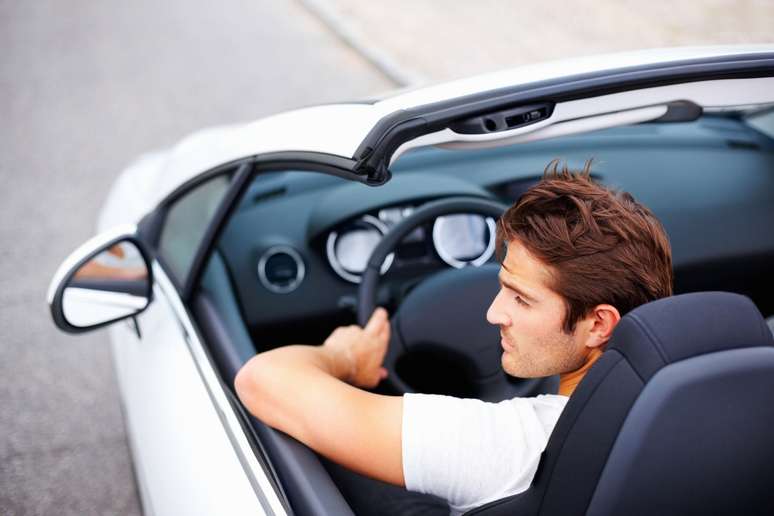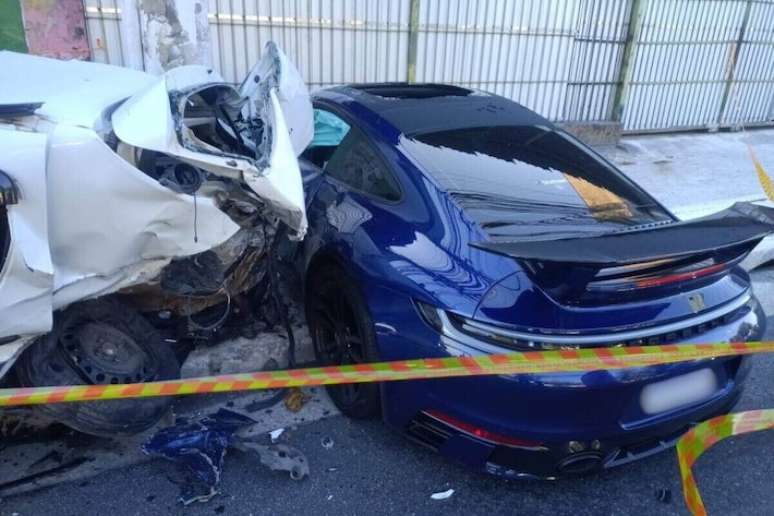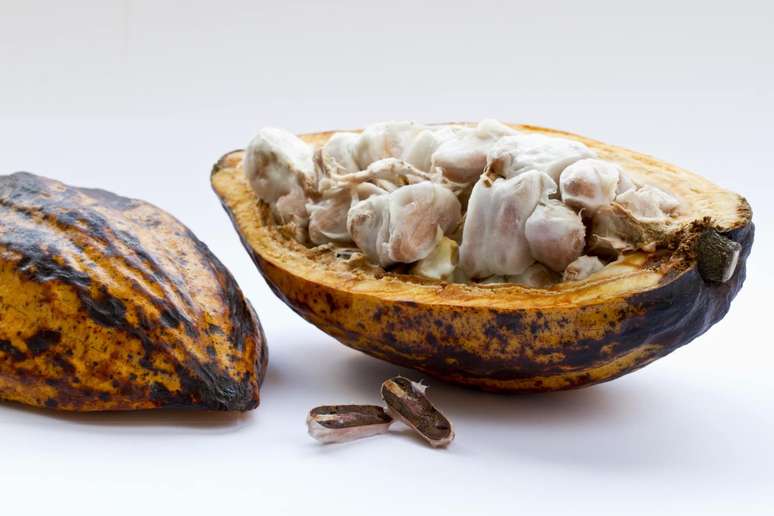Three serious accidents that occurred in recent days demonstrate that driving, alcohol and the culture of dangerous driving (with frequent abuse of speed) continue to be very serious problems in Brazil, especially among male and young drivers.
The most publicized case was that of a Porsche driven by Fernando Sastre de Andrade Filho, a 24-year-old businessman and university student, who collided with a Renault Sandero on 31/03 in an important avenue in the eastern area of San Paolo, causing the death of the driver of the app Ornaldo da Silva Viana, 52 years old.
Sastre is under investigation on charges of driving while intoxicated and driving over the permitted speed limit, thus running the risk of death. Witnesses say that he had had a few drinks, showed signs of drunkenness and was driving at a speed exceeding the 50 km/h limit allowed in the area. Her girlfriend denied in her statement that she had been drinking and that the CET radars at the scene were turned off. The student did not take a breathalyzer test.
Last Friday (05/04) a 32-year-old motorist hit five cyclists on an access lane to the Industry and Supplies Sector (SIA), in the Federal District, leaving two of them in serious conditions.
The driver Allan das Chagas Araújo ended up crashing his car into a wall and was arrested by the Military Police for being drunk, driving at high speed and trying to escape. He had already been convicted of hitting and killing a person in the Federal District in 2012. In 2014 he was sentenced to two years in prison and his driving license was suspended. The document has not been renewed since then.
In the third incident, the engineering student Maria Eduarda Porto Silva20 years old, passenger in the back seat of a BMW, died last Saturday (06/04) after the car she was traveling in skidded and crashed into a pole in the city of Barreiras (BA).
The images circulated on the internet give an idea of the violence of the impact. Before the accident it was raining and the road was wet. The reason for the crash remained under investigation and there was no clear information on the speed of the vehicle and the condition of the driver.

Highly powerful cars are the dream of many young people who start driving in Brazil. One can even question the questionable taste, which in their heads is confused with power, money, success, pleasure and adrenaline, but when the conduct of this object of desire is realized and mixed with hints of inexperience and emotional immaturity, beyond at too many doses of alcohol, the issue can become a big problem.
This combination can be fatal and cost not only the lives of motorists, but also those of their peers, friends, girlfriends and people who had nothing to do with them, but who were in the wrong place at the wrong time. Despite the dry law and occasional raids, the scenario seems to persist in all four corners of the country.
Driving a powerful vehicle (car or motorcycle) can pose an even greater challenge for young drivers with a certain degree of inexperience. Skill, confidence, dexterity and mastery are processes that require learning and time.
Furthermore, emotional immaturity can lead to outbursts in which young people try to prove to themselves (and the public) that they can run farther, dare more, impress more. Imagine another car passing at a higher speed and awakening the desire to compete. Or, even, an approach or overtaking in which the pilot feels challenged. In a sexist culture, where this pattern of responding is encouraged and valued, this young person may take more risks.
When alcohol enters this dangerous equation, in addition to compromising reflexes and response speed, it negatively affects the driver’s criticism and power of evaluation. Aggression and impulsiveness become more frequent attitudes. This creates the perfect storm for drivers to put themselves in dangerous situations and pose risks to themselves and society as a whole.
The feeling of impunity, that it is possible to find a way and “maneuver” the law and that those who have power and money end up “freeing themselves” from the harshest sentences ends up perpetuating this culture of “with my car I can do whatever I want , he wants it.” The young man doesn’t seem to realize that he could have a dangerous weapon in his hands.
By rubbing our children’s heads or “getting along” with friends and colleagues who repeatedly expose themselves and others to risk, our society perpetuates this tragedy. Isn’t it time to break this cycle?
*Jairo Bouer is a psychiatrist and writes weekly for Terra Você.
Source: Terra
Ben Stock is a lifestyle journalist and author at Gossipify. He writes about topics such as health, wellness, travel, food and home decor. He provides practical advice and inspiration to improve well-being, keeps readers up to date with latest lifestyle news and trends, known for his engaging writing style, in-depth analysis and unique perspectives.








